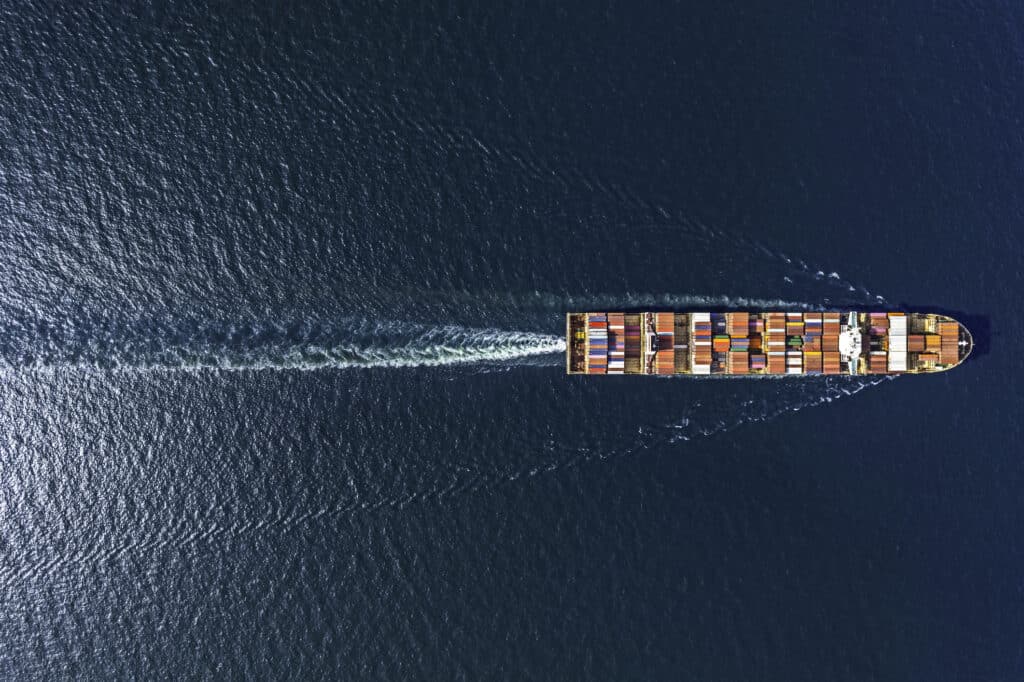New study examines the causes of the truck driver shortage in logisitcs
According to Logistics Management, a study by Coyote Logistics LLC and Emsi studies the causes of the truck driver shortage and offers advice on what steps employers can take to increase interest in the industry. In addition to the stressors of COVID-19, the industry also faces an aging workforce with few from younger generations stepping in to replace drivers that are set to retire.
“Younger workers are concerned about compensation, but they often think and care about their quality of life and lifestyle just as much,” he said. “As a result, compensation needs to be good, but lifestyle and opportunities for career advancement and growth are also critical for truck driver shortage in logistics and other positions. Companies should think about how to help their people gain the education they need to progress in their careers, the work-life balance they can offer, and how they can retain employees long-term.”
Report issued Wednesday says logistics real estate will be forever changed by COVID-19
Freight Waves reports that E-commerce needs over 30% more space than brick and mortar businesses due to the need to overstock inventory. According to the report issues by Prologis Inc. the rise in e-commerce will continue even after the pandemic is under control.
“The group is calling for global e-commerce penetration to increase 150 basis points per year over the next five years. Some of the drivers cited were rising incomes among millennials — 23% of the world’s population — as well as an increase in dual-income households, both of which are key targets for retailers. Also, internet access has expanded to include more than 2 billion people in the past decade.”
UN looks at plan to reduce Maritime emissions
According to an article by Supply Chain Quarterly, a group of countries has offered the UN a plan to raise funds for research and developing efforts to “decarbonize the maritime transport sector.”
“The new approach would enable global maritime cargo carriers to reduce greenhouse gases enough to meet the IMO’s 2050 50% reduction and zero-carbon emissions goals.” The next step for the plan will be to secure sponsors at the next meeting of the IMO Marine Environment Protection Committee this June, and get full approval at the IMO meeting in London in November, which is the same time as the next UN Climate Conference (COP 26) in Glasgow.








